Sometimes people have to go through periods of hardship in their lives, like natural disasters, unemployment, a poor harvest, or even having to flee conflict. Some people in Burundi have faced all of these. Last year, it was time for yet another challenge: several seasons of poor harvests occurred in the context of rising food prices combined with high fertilizer prices. Fortunately, the Burundi Integrated Community Development Project “PRODECI-Turikumwe” had the tools to quickly provide helpful agricultural inputs ahead of the upcoming planting season and to provide employment .
PRODECI-Turikumwe has for the past two years worked with refugee and host communities in four northern provinces of Burundi to improve food security, build socio-economic infrastructure, and support micro-enterprise development through a participatory approach. The project is financed by the World Bank’s International Development Association (IDA), with part of the funding coming from a special funding Window for Host Communities and Refugees (WHR). The four provinces that PRODECI-Turikumwe targets host five refugee camps with some 40,000 refugees originating from the Democratic Republic of Congo (DRC). Some of these refugees have been living there since the early stages of the conflict in Kivu in the late 1990s and early 2000s, with some children being born there now approaching adult age.
Like elsewhere in Burundi, these provinces are also home to internally displaced persons and Burundians returning from neighboring countries after having fled the 2015 conflict. The majority of them had to leave land or other assets behind. Turikumwe is a word in local language that means “We are all together” and even though many refugees and host communities interact in their daily lives, promoting inclusion and participation for everyone in these areas is central to the project goal.
One such point for coming together is the community school in Gisabazuba, which was constructed through PRODECI-Turikumwe and which was inaugurated earlier this spring. Before the new school opened, children had their classes under small sun sheds made of straw, with benches nearly falling apart and without any ability for the teachers to create a quiet environment conducive for learning.
“My son is happy about his new school and goes now to school with a lot of enthusiasm,” explained the mother of a student in the school and added “A lot needs to be done in this village, but this school gives me hope for the future of my son.” Selected through community consultations and as part of the local Community Development Strategy, the school in Gisabazuba was constructed by local laborers, both men and women.
To date, the project has generated 181,551 person-days of labor. With last year’s consecutive poor harvests, such employment opportunities have been a lifeline for many of the workers and their families. “The salary for work on the construction site has helped me buy food for my family and invest in a goat. I will look for work on other sites now and invest in more goats,” explained Lia* a woman working on a community investment financed by PRODECI-Turikumwe in Muyinga.
In the refugee camps, the negative impacts of last year’s poor harvests also became acute. With restrictions of movement being in place for refugees, it’s been difficult for the inhabitants to seek job opportunities elsewhere. Instead, they have had to rely on food aid and find ways to procure food produced around the camps, putting a strain on the small amounts of food available in the host communities. At the same time, there were signals that food aid to the camps might be cut.
To ensure a better harvest for the next season and avoid a situation of increased food insecurity, and potential tensions between communities, the project rapidly mobilized inputs for planting and financed livestock production through its micro-enterprise model . In the spirit of turikumwe, this first call for proposals was a success. 300 micro-enterprises in and around the five refugee camps were selected for financing, all of them being associations with 5-10 members and many of them joint initiatives between refugees and host community members. Although many of the associations invested in livestock, the support to crop production was prioritized so that land could be prepared in a timely manner ahead of the next season. One of the beneficiaries is John*, a refugee who has lived in the Musasa refugee camp for the past 17 years and who received inputs and training from PRODECI-Turikumwe to grow eggplants and peppers. His business, which is already making profit, has meant a huge difference for the lives of his children, which according to him “now lack nothing”. The profit has also allowed him to rent land to cultivate for a period of two years, and he has been able to pay off all his previous debts to the local shopkeepers. John notes that his business, and the leasing of land it required, would not have been possible without the good collaboration between refugees and the host population where he lives. It has been life-changing, for the better.
With the project at a midway point, it will continue to invest in community infrastructure, create jobs, and work to ensure food security in the Cankuzo, Muyinga, Ngozi, and Ruyigi provinces, and strengthen both the incomes and the sense of inclusion for the people living there.
Moving forward stronger and more resilient is only possible when we do it together, turikumwe!
*Names have been changed to protect the privacy of individuals

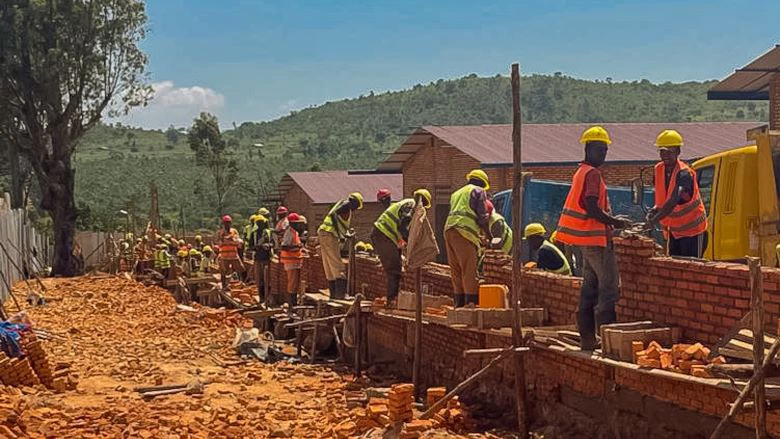
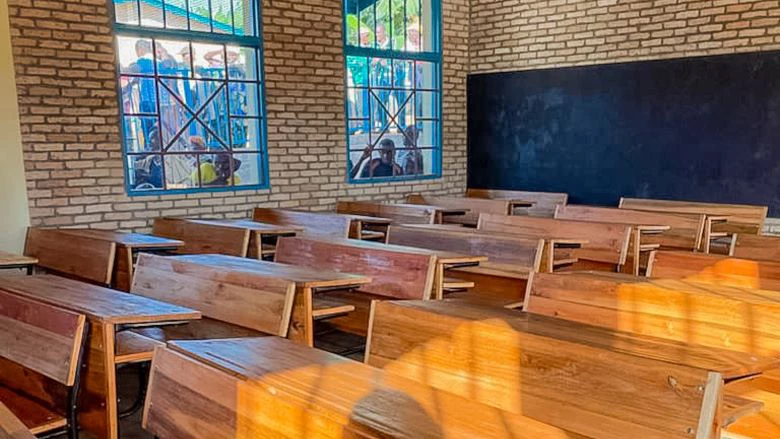
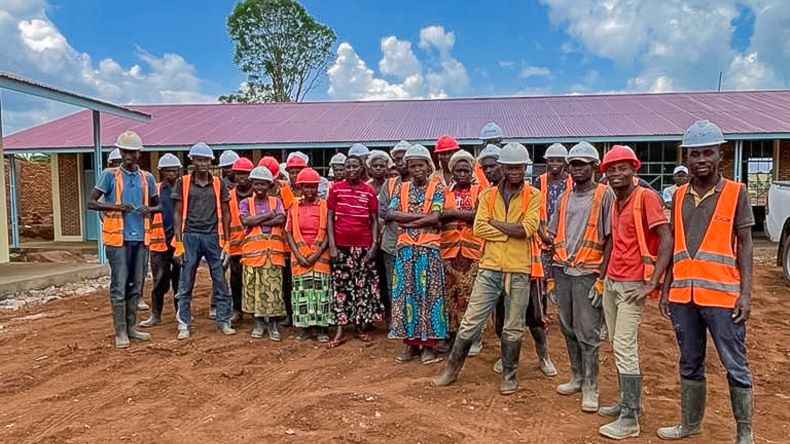
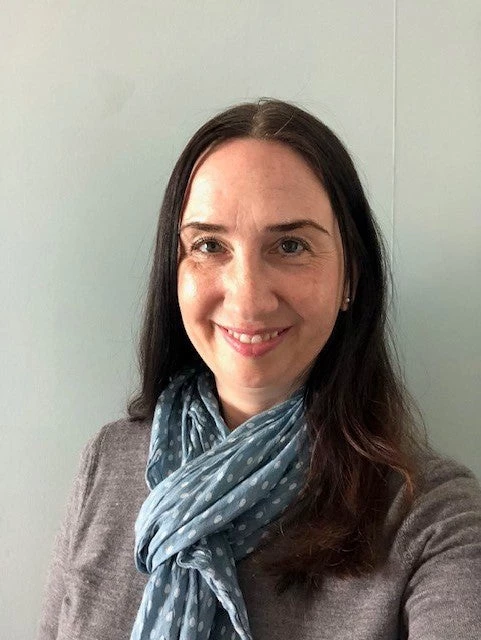
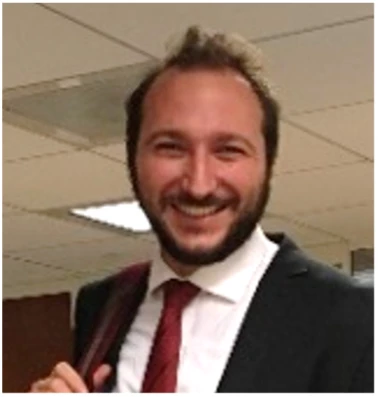
Join the Conversation